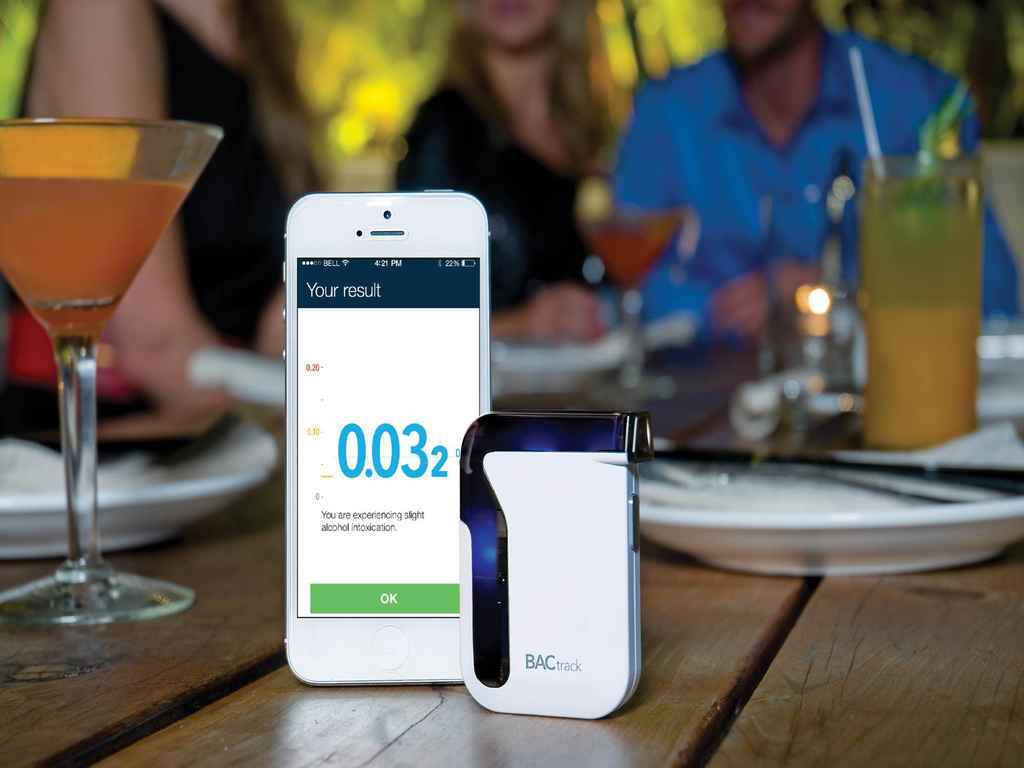You’re driving home late after dinner with friends. You feel fine—maybe a little tired, but certainly not drunk. Out of nowhere, red and blue lights flash in your rearview mirror. You’re pulled over, questioned, and asked to take a breath test. Minutes later, you’re in handcuffs, shocked to hear that your breathalyzer result shows you’re over the legal limit. But here’s the truth many don’t know: Breathalyzer results in Texas can be challenged.
If you or someone you know is facing DUI orDWI charges, knowing how to challenge breathalyzer results in Texas could be the key to your defense. These machines are treated like infallible science by many, but they’re not perfect. From technical errors to human mistakes, breath tests are not always accurate—and the law recognizes that.
In this guide, we’ll explore the science behind breathalyzer devices, how they’re used in Texas law enforcement, and—most importantly—how defense attorneys challenge their results. You’ll hear real-world examples, learn what factors can cause false readings, and discover how to fight back in court.

Understanding How Breathalyzers Work in Texas
More Than Just a Number
Before we dive into how to challenge the results, let’s break down what these machines are and how they function. In Texas, officers commonly use devices like the Intoxilyzer 9000, a state-approved breathalyzer that estimates Blood Alcohol Concentration (BAC) by analyzing the alcohol content in a driver’s breath.
The legal limit in Texas is 0.08% BAC. Blow above that, and you could be arrested on suspicion of DWI—even if you feel completely sober.
Breathalyzers use a chemical reaction, infrared technology, or fuel cell sensors to detect alcohol molecules. But like any technology, their accuracy depends on calibration, proper use, and environmental conditions.
Real-Life Example: Brian’s Friday Night Arrest
Brian, a 34-year-old web developer from Dallas, had a couple of beers at a Friday night networking event. On his way home, he was pulled over for a broken taillight. The officer claimed to smell alcohol and requested a breath test. Brian blew a 0.09, just above the legal limit.
He was charged with DWI.
But later, his attorney discovered that the breathalyzer hadn’t been properly calibrated for two weeks. With that information, the results were suppressed, and the charge was dismissed.
Brian’s story is a perfect example of why knowing how to challenge breathalyzer results in Texas can mean the difference between a conviction and a clean record.
Common Reasons to Challenge Breathalyzer Results in Texas
1. Device Calibration and Maintenance Issues
Breathalyzers must be calibrated regularly to produce accurate results. In Texas, machines like the Intoxilyzer 9000 must follow strict maintenance schedules. If there’s any gap in calibration logs or errors in maintenance records, the reliability of the test can be questioned.
2. Improper Administration by the Officer
Officers are required to follow protocol when administering breath tests. That includes observing the suspect for at least 15 minutes before testing to ensure they haven’t belched, vomited, or consumed anything that could skew the results.
If they skip this step or rush the process, the test could be ruled inadmissible.
3. Medical Conditions or Diet
Did you know acid reflux, diabetes, or a high-protein/low-carb diet can create false positives? These conditions can cause your breath to contain compounds similar to ethanol, confusing the machine and inflating your BAC reading.
4. Mouth Alcohol Contamination
Residual alcohol in the mouth—whether from mouthwash, cough syrup, or recent drinking—can lead to falsely high results. Breathalyzers are supposed to measure deep lung air, not what’s sitting in your mouth.
5. Radio Frequency Interference (RFI)
Breathalyzer machines are sensitive to electronic interference. Devices like police radios or cell phones nearby during testing can distort the result.
All of these are valid, recognized issues that can be used in court to challenge breathalyzer results in Texas.
The Role of the Breath Test Operator in Texas
Trained—but Not Infallible
In Texas, officers must be certified to administer breath tests. This includes initial training and periodic recertification. However, certification doesn’t guarantee perfection.
Officers may:
- Skip required observation periods
- Misuse the device due to lack of familiarity
- Fail to detect interfering substances
If any of these occur, an experienced DWI defense attorney can file a motion to suppress the breathalyzer results, arguing the test was conducted under improper conditions.
Scientific Evidence and Breathalyzer Challenges
Bringing the Experts In
Defense attorneys often call upon forensic toxicologists to dispute breathalyzer reliability. These experts can analyze:
- Device data logs
- Officer training records
- Maintenance history
- Environmental conditions at the time of the test
They may testify that the margin of error in certain tests exceeds the difference between a legal and illegal BAC level. That’s particularly helpful when someone tests just above the 0.08 threshold.
This type of testimony plays a major role in challenging breathalyzer results in Texas, especially in borderline cases.
Legal Motions and Court Strategies
Suppression, Discovery, and Dismissal
Legal professionals use a combination of procedural tactics and scientific reasoning to defend clients. Common strategies include:
- Motion to Suppress Evidence – Filed when officers obtained the breath test without probable cause or violated the 15-minute observation rule
- Discovery Requests – Used to obtain machine calibration logs and officer certifications
- Expert Witness Testimony – Introduced to explain why the test results are unreliable
- Cross-Examination – Conducted to reveal inconsistencies in the arresting officer’s report or procedures
Each case is unique. However, these legal tools are standard in most Texas DWI defenses where breath tests are central to the prosecution’s case.

Real-Life Story: Crystal’s Victory in Williamson County
rystal left a birthday dinner in Round Rock after having two glasses of wine over three hours. When stopped, she agreed to a breath test, which showed a BAC of 0.10. However, her attorney discovered that the officer didn’t follow the proper observation protocol and failed to change the mouthpiece between tests.
This misstep was enough to suppress the breathalyzer evidence. The prosecutor had no choice but to drop the charges due to lack of reliable evidence.
Crystal’s charges were dropped, preserving her clean record. Her experience illustrates how one procedural error can change everything when you understand how to challenge breathalyzer results in Texas effectively. Even small oversights by law enforcement can lead to major victories for the defense.
What If You Refused the Breath Test?
Refusal Doesn’t Mean You’re Out of Options
Refusing a breath test in Texas brings administrative penalties but doesn’t always hurt your case in court. Here’s what you’re looking at:
- 180-day license suspension for first-time refusal
- Extended suspension for repeat offenders
- Automatic alert to the DMV
- Warranted blood draws (especially on no-refusal weekends)
Yet, without a breath test result, the prosecution loses a key piece of evidence. That means your attorney can shift the focus to other elements, such as driving behavior and field sobriety test performance, to argue reasonable doubt.
So, while refusal has downsides, it also limits the state’s arsenal, which can strengthen your defense strategy.
How to Strengthen Your Breathalyzer Defense
Practical Steps After a DUI Arrest
If you’ve been arrested and submitted to a breath test, these steps can help build your case:
1. Request an ALR Hearing Immediately
You have 15 days to request an Administrative License Revocation hearing to avoid automatic license suspension.
2. Hire an Experienced Attorney
Choose someone with proven results in challenging breathalyzer results in Texas. Experience matters.
3. Collect All Documentation
Ask for your arrest report, breath test results, and any camera footage. These details are critical for building a strong defense.
4. Document Everything
Write down what you ate, drank, and did before the arrest. Your lifestyle or medical conditions may become part of your legal defense.

5. Be Ready to Act
Delays only make it harder. The sooner you act, the more options you’ll have in court.
Real-World Case: Tony’s Career on the Line
Tony, a 42-year-old teacher in San Antonio, faced a DWI arrest after a stop for a missing headlight. His breath test registered 0.08, the bare minimum to be charged.
Since Tony held a professional license, even a first offense could jeopardize his teaching career. His attorney investigated and found that the breathalyzer had flagged calibration errors earlier that week.
With this evidence, they successfully filed a motion to suppress, and the charges were dismissed. Tony kept his license and job, all because his legal team knew how to navigate the system.
Final Thoughts on How to Challenge Breathalyzer Results in Texas
Texas takes DWI and DUI charges seriously, but that doesn’t mean the tools used to convict you are always flawless. From faulty devices to human error, there are countless ways breathalyzer results can be wrong. And fortunately, Texas law gives you the right to challenge them.
So if you’re facing charges, don’t panic—fight smart. Talk to a lawyer. Request records. Hire experts. And remember that one machine’s number doesn’t have to define your future.
Because when you understand how to challenge breathalyzer results in Texas, you take back control—and that’s the first step to clearing your name.

